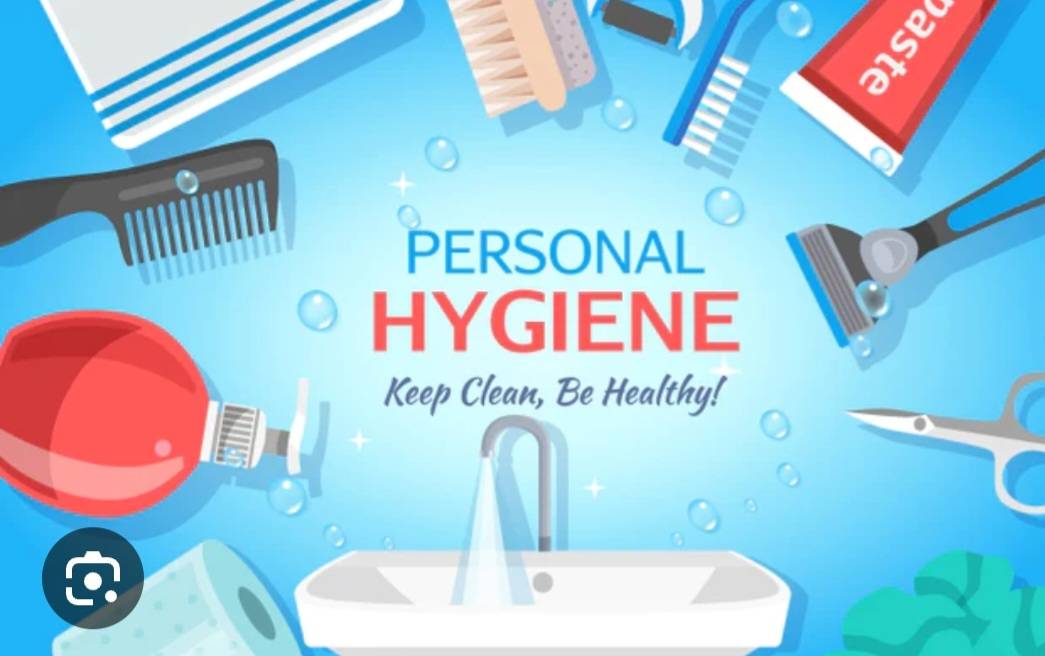Personal hygiene is an essential aspect of our daily lives that plays a crucial role in maintaining overall health and well-being. It encompasses various practices and habits aimed at preserving cleanliness and preventing the spread of harmful bacteria and diseases. From regular handwashing to oral care and cleanliness of the body, practicing good personal hygiene not only safeguards our health but also contributes to our confidence and social interactions. This article will delve into the significance of personal hygiene and explore key practices that promote a healthy and hygienic lifestyle.
1. Hand Hygiene:
Proper handwashing is one of the most effective measures in preventing the transmission of germs and infections. Washing hands with soap and water for at least 20 seconds removes dirt, bacteria, and viruses from our hands. Regular hand hygiene should be practiced before and after meals, after using the restroom, and after sneezing or coughing. In the absence of soap and water, alcohol-based hand sanitizers can be used as an alternative.
2. Oral Hygiene:
Maintaining good oral hygiene is not only important for a fresh breath and a bright smile but also crucial for overall health. Regular brushing of teeth, preferably twice a day, removes plaque, prevents tooth decay, gum diseases, and reduces the risk of bad breath. Additionally, flossing and using mouthwash help eliminate bacteria from hard-to-reach areas of the mouth, promoting oral health.
3. Body Hygiene:
Proper body hygiene includes bathing or showering regularly to keep the skin clean, fresh, and free from sweat, dirt, and bacteria. Using mild soaps or body washes, paying attention to areas prone to sweat and odor, such as the underarms and feet, is essential. Additionally, changing into clean clothes and using antiperspirants or deodorants can help control body odor.4. Nail and Foot Hygiene:
Neglecting nail and foot hygiene can lead to the accumulation of dirt, bacteria, and fungal infections. Trimming nails regularly, keeping them clean, and avoiding biting or picking at them are crucial practices. Additionally, maintaining proper foot hygiene by washing feet daily, drying them thoroughly (especially between toes), and wearing clean socks and well-fitting shoes can help prevent foot-related infections.5. Environmental Hygiene:
Keeping our immediate surroundings clean is equally important for personal hygiene. Regularly cleaning and disinfecting frequently-touched surfaces, such as doorknobs, phones, and countertops, can minimize the risk of spreading germs. Proper disposal of waste and maintaining cleanliness in the kitchen and bathroom areas are essential to prevent the growth of harmful bacteria.
6.Personal Hygiene and Mental Well-being:
Practicing good personal hygiene not only has physical benefits but also plays a significant role in mental well-being. Feeling clean and fresh can boost self-esteem, confidence, and overall mood. It also promotes positive social interactions, as good personal hygiene is appreciated and respected by others.
Maintaining good personal hygiene is a fundamental aspect of a healthy lifestyle. It not only protects us from illnesses and infections but also contributes to our overall well-being and social interactions. By implementing simple practices like regular handwashing, oral care, bathing, and environmental cleanliness, we can nurture our health and the health of those around us. Let us prioritize personal hygiene as a lifelong habit to lead a healthier, more fulfilling life.




No comments yet
Be the first to share your thoughts!